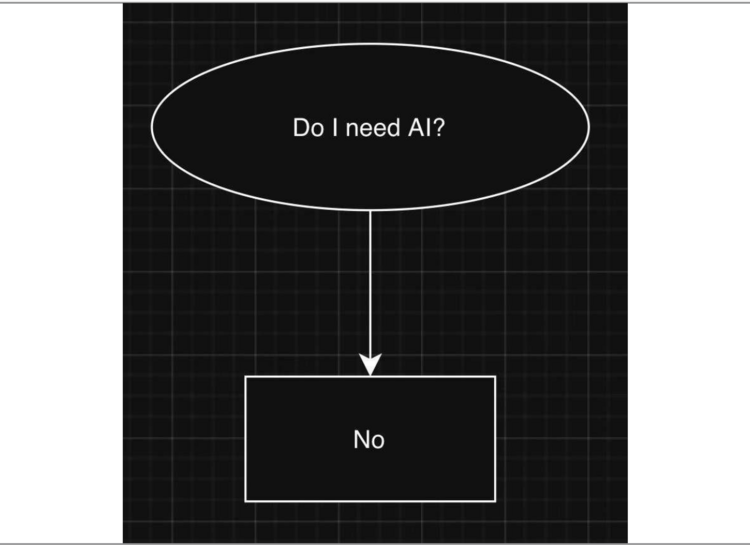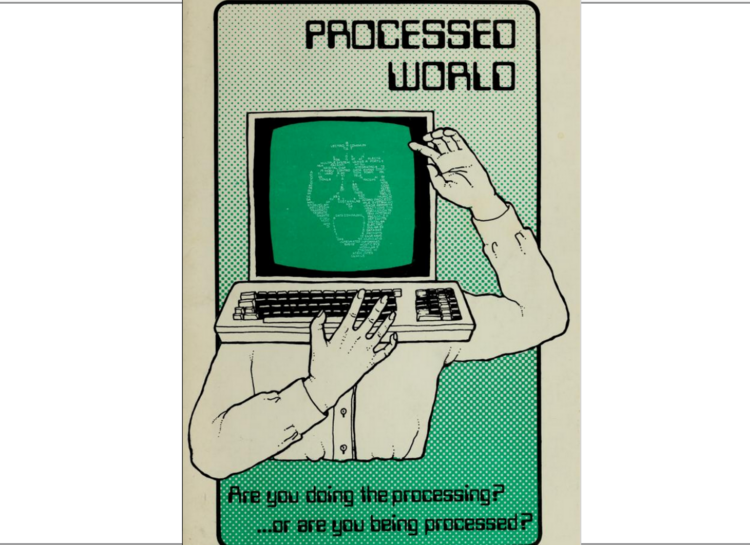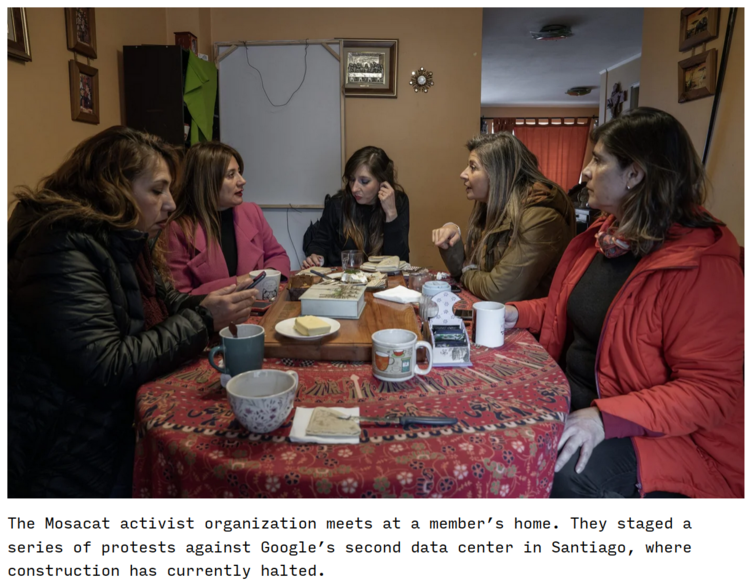My speaker notes & slides for the panel on 'Resisting GenAI & Big Tech in Higher Education', an event co-organised with the Climate Justice Universities Union (CJUU).
The panel: Christoph Becker (U of Toronto, CA), Mary Finley-Brook (U of Richmond, USA), Dan McQuillan (Goldsmiths U of London, UK), Sinéad Sheehan (University of Galway, Ireland) Jennie Stephens (National University of Ireland Maynooth, IE), and Paul Lachapelle (U of Montana, USA). Chair: Amy Woodson-Boulton (Loyola Marymount U, USA).
powerful forces but not a powerful technology

- AI computations are correlations not causal relations, so its outputs are plausible rather than factual. It's a bullshit engine.
- When it comes to AI, we're dealing with powerful forces but not with a powerful tech. AI is basically crap and investment in it is a bubble.
- Large Language Models are sold to universities as learning accelerators but substitute slop for critical thinking.
- Efforts to make AI more reliable actually make it more effective at selecting preferred, and usually "non-woke", versions of truth.
- AI is precaritising rather than productive; it can't substitute for meaningful activity but it can make people's conditions more vulnerable.
- So AI is extending forms of austerity prevalent since the crash of 2008 while preparing a new financial back hole all of its own.
- AI isn't the future but its preemptive predictions and nihilistic dependencies foreclose futures for all of us.
leaderboard

- The AI industry is always boasting about new models and improved metrics: "SOTA benchmarks across the board!"
- But what does a leaderboard of AI metrics really represent?
- Research suggests the effect of relying on generative AI is to make cognition 'atrophied and unprepared'.
- The data centre energy consumption needed to deliver these numbers is measured in gigawatts.
- The unchallenged inevitability of AI means that cloud companies can abandon their pretence at sustainability
- It re-legitimises burning as much energy as possible, in the name of progress with a capital 'P'.
- And AI isn't just growth-oriented, it's accelerationist; a far right pitch for power via intensified technological change.
total mobilisation

- I think this convergence of ideology and infrastructure is what ultra-nationalist writer Ernst Jünger called ‘total mobilisation’.
- Meaning "the conversion of life itself into energy" as nations are “driven relentlessly to seize matter, movement and force through the formalism of technoscience”.
- This legitimates a new form of political order based on the vitalism of conflict.
- And indeed, Big Tech has recently abandoned any commitments to the peaceful use of AI for the good of humanity blah blah.
- Instead, it's rallying around renewed visions of national dominance through economic and especially military might.
- But AI triumphalism is actually a diagram of underlying failure.
- The neoliberal order is breaking down under its own contradictions and system shocks.
- It has no answers to offer except sci-fi tech and increasing authoritarianism.
decomputing

- I suggest we situate our resistance to AI inside and outside higher education as forms of decomputing.
- Decomputing rejects scale because that drives carbon emissions,
- but also because our agency is undermined by our immersion in a system of machinic relations, which includes the contemporary university
- Decomputing is based on the principles of degrowth, care and conviviality.
- We need systems that don't depend on continuous expansion, whether that's AI, universities or entire economies.
- We need to start from care to counter algorithmic detachment and eugenicist abstractions.
- Conviviality gives us ways to collectively assess tech's effects on relatedness and bio-interaction.
- Wherever AI is proposed as ‘the answer’ there's already a structural problem.
- One that's best addressed through the direct social relations of those most affected.
organising

- Decomputing is a prefigurative technopolitics,
- which tries to enact changed relations in the here-and-now.
- One organisational form for this is worker's and people's councils on AI.
- These are self-constituting assemblies that push back against AI bullshit,
- while using consensus and critical pedagogy to tackle the divisive binaries we've all been programmed with.
- Because universities are on the AI frontline, we're seeing resistance popping up all over the place.
- Solidarity is the first priority of any of these critical collectives.
- Some of the questions facing this emerging movement more broadly are:
- how to move beyond reformism with minimum wasted energy and burn-out
- how to coordinate and develop strategies without imposing rigid structure
- how to position the push against AI as part of a movement-of-movements,
- as part of an ecology of infrastructural intersectionalities.
- AI isn't inevitable, but there's no going back because the past was already built on injustice; what we need to work towards are livable futures worth fighting for.